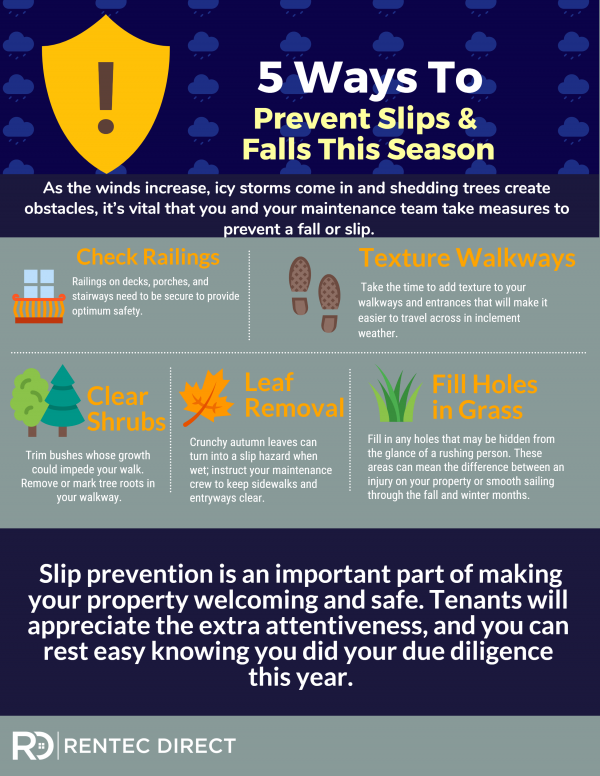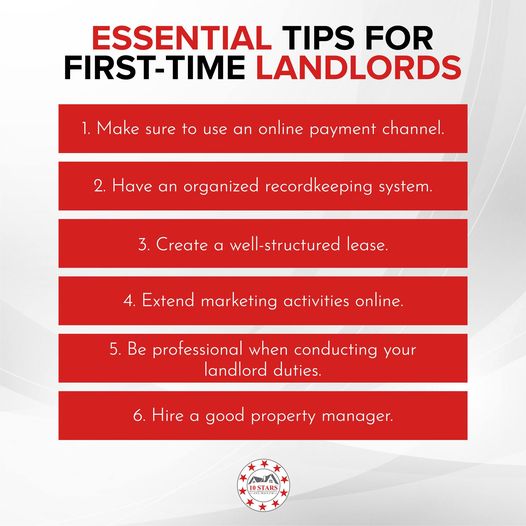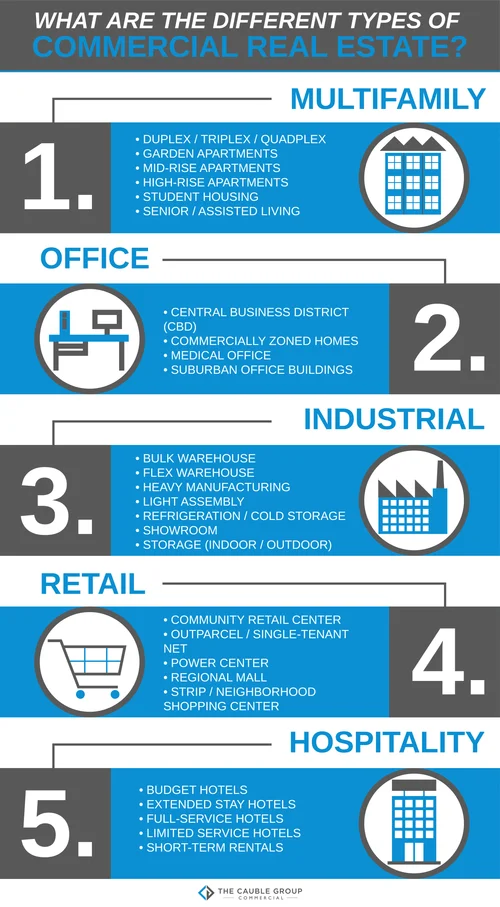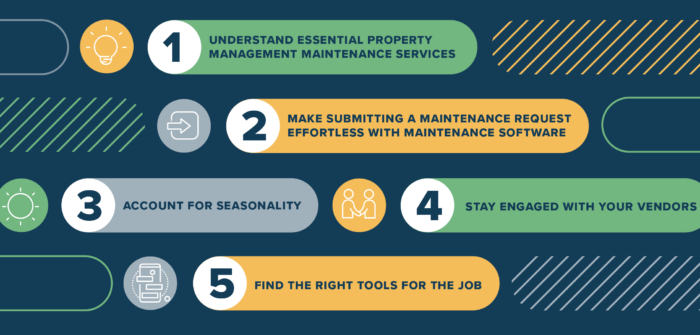Discover the 5 crucial rental management tips that will save you time, money, and headaches in this must-read blog post.

Image courtesy of Ryutaro Tsukata via Pexels
Table of Contents
- Introduction to Rental Management
- Understanding the Role of a Property Manager
- Planning for Success
- Finding the Right Renters
- Financial Management
- Taking Care of the Property
- Handling Rental Legalities
- Building Relationships with Tenants
- Evaluating Performance
- Leveraging Technology for Rental Management
- Summary of Rental Management Essentials
- FAQs
Introduction to Rental Management
Have you ever wondered what it takes to manage a rental property? Being in charge of a rental home is a big responsibility, but it can also be a rewarding job. In this article, we’ll explore the essential aspects of effective property management and why it’s important to do it right.
Managing a rental property is like taking care of a special place where people come to live. It involves making sure the home is safe, comfortable, and well-maintained for those who rent it. Let’s dive into what it means to manage a rental property and how to do it successfully.
Throughout this post, we’ll discuss property management tips, rental success strategies, and the key responsibilities of a property manager. So, if you’re curious about how to make a rental property a happy place for both the home and its residents, keep reading!
Understanding the Role of a Property Manager
When you hear about someone taking care of a rental home, you might wonder what that job involves. Let’s dive into the world of property managers to understand who they are and what they do to make sure rental homes are happy places for everyone.
Who is a Property Manager?
A property manager is like a kind friend who looks after the house and the people who live there. They make sure the rental home is safe, clean, and comfortable for everyone. If something goes wrong in the house, like a leaky faucet or a broken door, the property manager is the one who fixes it quickly.
Key Duties
Property managers have a lot of important tasks to do every day. They are responsible for keeping the rental home in good shape by scheduling repairs and maintenance work. They also help the renters by answering their questions, solving any issues they have, and making sure they follow the rules of the house. In essence, property managers make sure that both the house and the people living in it are happy and well taken care of.
Planning for Success
In rental management, having a solid plan in place is crucial to ensuring the success of the rental property and the happiness of its tenants. By setting clear goals and creating a detailed plan, property managers can make sure that everything runs smoothly and efficiently.

Image courtesy of www.rentecdirect.com via Google Images
Setting Clear Goals
Before diving into managing a rental property, it’s important to know what you want to achieve. Whether it’s ensuring the property is well-maintained, attracting responsible tenants, or maximizing rental income, setting clear goals will provide a roadmap for success.
Creating a Plan
Once you have your goals in mind, it’s time to create a plan to achieve them. This involves breaking down your objectives into actionable steps, such as setting up regular maintenance schedules, implementing marketing strategies to attract tenants, and establishing financial budgets to ensure the property remains profitable.
Finding the Right Renters
Searching for the perfect renters for your rental home is crucial to maintaining a happy and successful living environment. Here, we’ll look at some tips on how to find the right people who will take good care of your property.
Marketing the Property
One of the first steps in finding the right renters is to effectively market your rental property. This involves showcasing the features and benefits of the home to attract potential tenants. You can use online listings, social media, and word-of-mouth to spread the word about your rental. Highlight the unique aspects of the property that make it a desirable place to live.
Screening Prospective Tenants
Once you have interested individuals inquiring about the rental, it’s essential to screen them carefully. Screening helps ensure that the people who end up living in your property are responsible and trustworthy. You can conduct background and credit checks, verify employment and income, and check references from previous landlords. This process helps you find tenants who are likely to treat your property with respect and pay rent on time.
Financial Management
Looking after all the money stuff so that the rental business runs smoothly is crucial for being a successful property manager. Here are some important property management tips to help you manage the financial aspect of your rental property effectively:

Image courtesy of 10starshomes.com via Google Images
Setting the Rent
When it comes to choosing a good price for people to pay to live in the rental home, it’s essential to consider things like the location, size, amenities, and the current market trends. Setting the rent at a competitive yet fair rate will attract potential tenants and help you generate a steady income from your property.
Managing Budgets
Planning how to spend money wisely on the rental home is another key aspect of financial management. Creating a budget that outlines your expenses, such as maintenance costs, taxes, insurance, and utilities, will help you track your spending and ensure that you have enough funds to cover all necessary expenditures. By managing your budgets effectively, you can avoid financial surprises and maintain the financial health of your rental property.
Taking Care of the Property
Keeping the rental home safe and nice for people to live in is a crucial part of being a property manager. Let’s explore some of the essential tasks involved in effective property management.
Regular Inspections
As a property manager, it’s important to check the rental home regularly to make sure everything is in good condition. From the roof to the floors, inspecting the property allows us to catch any issues early on before they become bigger problems. By staying on top of maintenance needs, we can ensure that the home remains a comfortable and safe place for the renters.
Maintenance and Repairs
When something in the rental home breaks or stops working, it’s up to the property manager to take care of it. From fixing leaky faucets to repairing broken appliances, addressing maintenance issues promptly is key to keeping the property in good shape. By staying proactive and addressing repairs in a timely manner, we can maintain a positive living environment for the tenants.
Handling Rental Legalities
Understanding the rules about rental homes and making sure we follow them is very important. Let’s talk about some of the legal aspects of being a property manager.

Image courtesy of www.tylercauble.com via Google Images
Leasing Agreements
Leasing agreements are like special papers that say what the renters can and can’t do in the home. It’s kind of like a promise that everyone makes to each other. For example, the agreement might say how much rent the tenants need to pay each month, what the rules are for having pets, and how they should take care of the property. It’s always a good idea to have a written agreement so that everyone knows what to expect.
Staying Up-to-Date with Laws
Just like in school when we have to learn new things to stay smart, as property managers, we need to keep up with the laws about rental properties. Laws can change, and it’s important to know the new rules so that we always do the right thing. For example, there might be laws about how often we need to check the smoke alarms in the house or rules about how much notice we need to give before entering the property. By staying informed about these laws, we can make sure we are following them correctly and keeping everyone safe and happy.
Building Relationships with Tenants
Building strong and positive relationships with the people who live in the rental home is an important part of being a property manager. When you get along well with the tenants, everyone is happier and the rental home runs smoothly.
Effective Communication
Communication is key to a good relationship with your tenants. It’s all about talking nicely and listening carefully to what the renters have to say. When everyone is clear on what’s expected and can share their thoughts openly, it helps create a friendly and cooperative atmosphere in the rental home.
| Essential | Description |
|---|---|
| 1. Tenant Screening | Thoroughly vet potential tenants to ensure they are reliable and can afford the rent. |
| 2. Lease Agreements | Create clear and comprehensive lease agreements that outline responsibilities and expectations for both parties. |
| 3. Maintenance Management | Regularly inspect properties and promptly address any maintenance issues to keep tenants happy. |
| 4. Rent Collection | Establish a system for collecting rent on time and dealing with late payments professionally. |
| 5. Legal Compliance | Stay informed about landlord-tenant laws and regulations to avoid legal issues and protect both parties’ rights. |
Resolving Conflicts
Sometimes disagreements or problems may come up between you and the tenants. As a property manager, it’s important to handle these situations calmly and fairly. By listening to both sides, finding common ground, and coming up with solutions that work for everyone, you can help resolve conflicts and keep the peace in the rental home.
Evaluating Performance
Checking if we’re doing a good job at taking care of the rental home and its renters is an important part of being a property manager. Let’s look at how we can measure our performance and make improvements.

Image courtesy of www.buildium.com via Google Images
Feedback from Tenants
One way to see how well we’re managing the rental property is to listen to what the renters have to say. They might have some good ideas on how we can make their living experience even better. If they love something, we can keep doing it. And if there’s something they wish was different, we can work on making changes.
Reviewing Financial Goals
Another important aspect of evaluating our performance is to look at our financial goals. We need to make sure that we’re making enough money from rent to cover all the expenses of the rental property. If we see that we’re not meeting our financial goals, we might need to adjust our plans or find new ways to attract more renters.
Leveraging Technology for Rental Management
Technology can help make managing a rental home much easier. By using cool gadgets and computer programs, property managers can streamline their tasks and stay organized. Let’s take a look at some ways technology can benefit rental management.
Digital Rent Collection
One of the most convenient tech tools for rental management is digital rent collection. Instead of collecting rent payments in person, property managers can set up online payment portals where tenants can pay their rent electronically. This not only saves time and effort but also reduces the chances of late payments.
Property Management Software
Property management software is like having a virtual assistant to help keep track of everything related to the rental property. These special computer programs can help property managers stay on top of maintenance schedules, financial records, and tenant communications. With features like automated reminders and online lease management, property managers can stay organized and efficient.
Summary of Rental Management Essentials
In managing a rental property, there are several key elements to focus on to ensure success. Let’s take a quick look at the essential ideas that can help you run a rental home effectively.
Image courtesy of fitsmallbusiness.com via Google Images
Understanding the Role of a Property Manager
A property manager is like a friendly caretaker for the rental home and the people living there. They have important duties, such as fixing things in the house and assisting the tenants with their needs.
Planning for Success
To achieve rental success, it’s crucial to set clear goals for the property and create a detailed plan outlining the steps to reach those goals. This helps in making sure that everyone involved is happy with the rental arrangement.
Finding the Right Renters
When looking for tenants, effective property management entails properly marketing the property to attract the right people and screening potential tenants to ensure they will take good care of the home.
Financial Management
Managing the finances of a rental property involves setting appropriate rent prices and budgeting wisely to ensure that the rental business operates smoothly and profitably.
Taking Care of the Property
Property managers need to conduct regular inspections of the rental home to ensure its safety and maintenance. Promptly addressing any repairs and keeping the property in good condition is essential for tenant satisfaction.
Handling Rental Legalities
Understanding and following the laws and regulations associated with rental properties is vital. This includes having clear leasing agreements in place and staying informed about any changes in rental laws.
Building Relationships with Tenants
Good communication and conflict resolution skills are crucial in fostering positive relationships with tenants. Listening to their feedback and addressing any issues promptly can help maintain a harmonious living environment.
Evaluating Performance
Regularly assessing the performance of your rental management efforts by seeking feedback from tenants and reviewing financial goals is key to ensuring that you are effectively running the rental property.
Leveraging Technology for Rental Management
Utilizing technology such as digital rent collection and property management software can streamline various aspects of rental management, making the process more efficient and organized.
FAQs
What if someone doesn’t want to pay rent?
If someone living in a rental home doesn’t want to pay their rent, it can be tough for the property manager. But they have some things they can do to help. They might talk to the person and find out why they can’t pay. Sometimes they can make a plan for the person to pay what they owe over time. If talking doesn’t work, the property manager might have to ask the person to leave the rental home. It’s important for everyone to follow the rules about paying rent so that the rental home can keep running smoothly.
Can kids be property managers too?
While kids might not be able to be property managers right now, it’s awesome to learn about how to take care of rental properties early on. Kids can help out with different tasks like keeping their own rooms tidy, learning how to fix little things around the house, or even helping plant flowers in the yard. By doing these things, kids can start to understand what it’s like to care for a home and maybe even think about becoming property managers when they grow up!
Idaho Poperty Management
